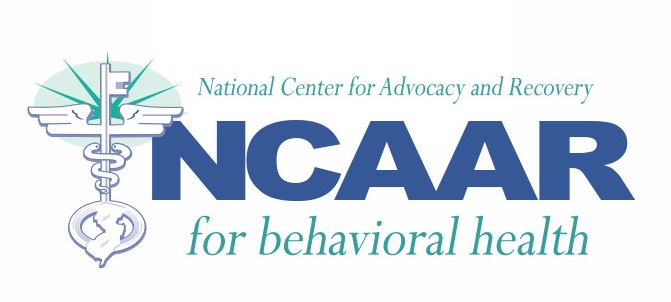For those of us who are in or around the field of addiction
and recovery, we read about overdoses and contraindications of medications
enough that we almost become desensitized. The tragedies that come along with
the consequences of addiction are all but expected- but what about the
tragedies of recovery?
Speaking as someone who had been deeply affected by the loss
of a loved one, suddenly it is important to understand how and why these things
happen. In my sister’s case, these questions still haunt me several months
later.
Afflicted with a plethora of challenges, including mental
illness, recovery from heroin addiction and debilitating pain caused by a rare
disease called Reflex Sympathetic Distrophy Syndrome (RSD); Donna never
seemed to lose hope.
Her recovery began in 2004 when she participated in and had
great success at a methadone clinic. She would eventually earn full privileges,
which meant she could take home a week’s worth of her split dose because she
provided clean urines over a significant time period. She was leading a health conscience and
productive life in spite of her obstacles. Her contributions were a wide range
of artistic abilities, avid gardening skills, spiritual principles, and an immense
capacity for compassion, humility and gratitude.
After an auto accident in 2007 exacerbated her RSD symptoms,
Donna began to sleep walk. These episodes would cause her wake up in pools of
blood as she would fall, bashing her head on various objects. It took many
months for her to agree to the idea of seeing a sleep doctor, for she feared
yet another medication. Correct in her assumption, she was prescribed a
benzodiazepine, which seemed to markedly help the hazardous sleepwalking but
would ultimately play a part in her downward spiral. Following treatment
recommendations that were made by her specialists, including two back
surgeries, she moved from the methadone clinic to be seen by a pain management
specialist who prescribed what most would consider a high dose of methadone. All
of the physicians involved in her care were aware of all the medications she
was taking and the contraindications associated with long-term use. Eventually
the benzodiazepine lost its therapeutic effectiveness and had more side effects
than anything else. She attempted to wean off the benzodiazepine on her own,
which led her death on February 24th, 2012. Her cause of death was ironically
determined to be a Methadone overdose, which was due in part to benzodiazepine withdrawal
and caused a fatal seizure.
Medication assisted treatment is a viable option when taken
responsibly. I will never get my sister back, but I can only hope that her
example will stop others from making a fatal mistake. Methadone clinics are
cracking down on the use of benzodiazepines for this very reason. What is made
clear from my sister’s death is that benzodiazepine detoxification must be
done properly and under a physician’s care.
http://www.psychmedaware.org/HistoryBenzodiazepines.html
A typical detoxification from a benzodiazepine is anywhere
from three days to three weeks depending on the dosage and length of treatment.
In about one-half of the deaths involving opioid analgesics, more than one type of drug was specified as contributing to the death, with benzodiazepines specified with opioid analgesics most frequently.

